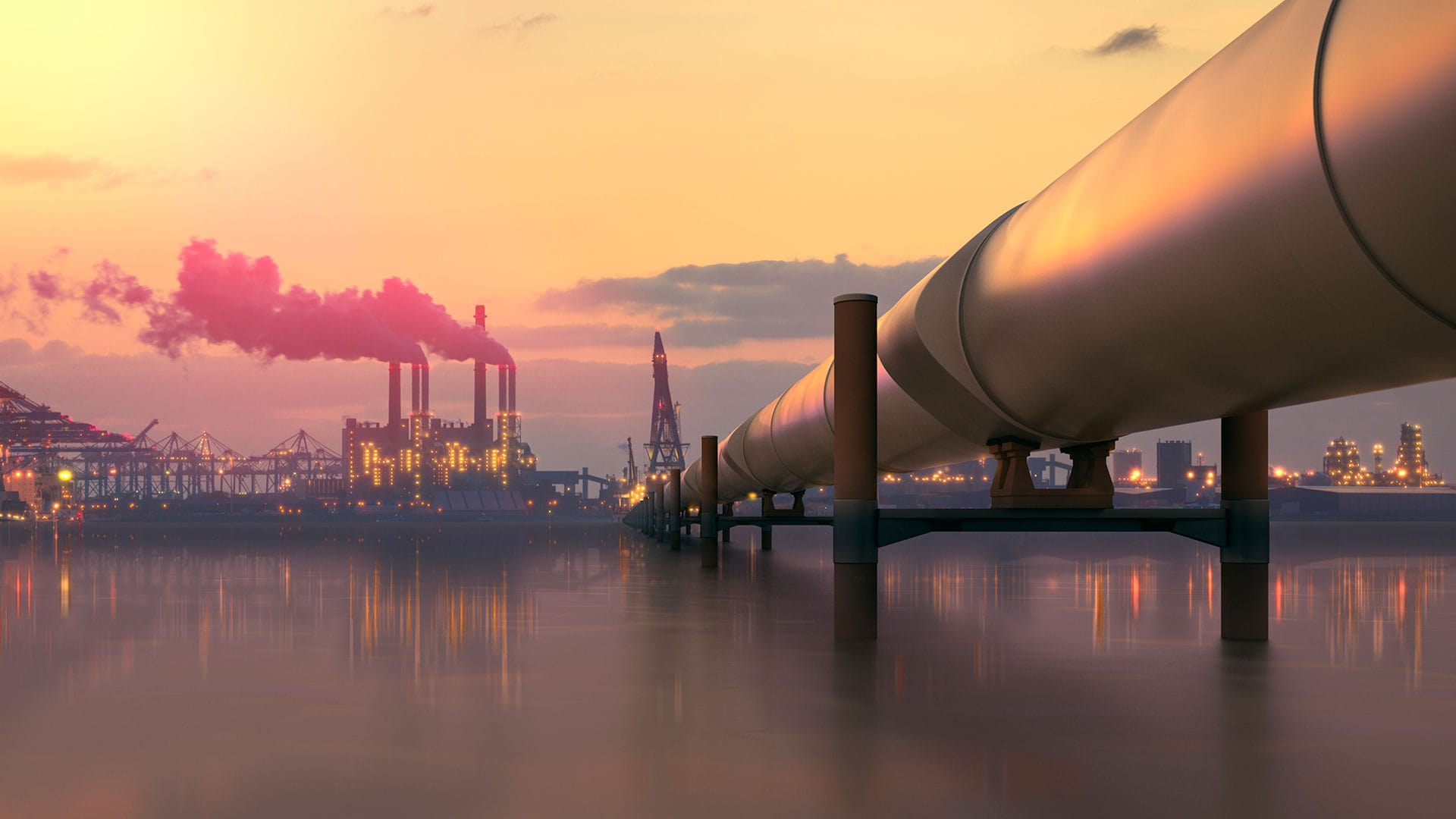
2021 has done it again. More than half of China’s provinces have been rationing electricity over the past couple of weeks, disrupting daily lives of tens of millions people. As if the over-dependency on Russian energy production we wrote about last week could not get any worse, unprecedented power cuts have hit factories and homes in northeast China, shortening stores’ opening hours, turning off elevators and putting even the water supply of the region in risk.
The impacts were first reported last week, when the provinces of Jilin, Liaoning and Heilongjiang suffered cuts caused by power rationing in peak hours. The rationing took place without any warning, shutting down traffic lights and disrupting 3G mobile phone coverage in some of the areas. A utility company in Jilin even warned the local population about a possible disruption of local water supply, while state broadcaster CCTV reported a Liaoning factory had to rush 23 workers to the hospital due to carbon monoxide poisoning after the ventilators suddenly stopped working.
“Power cut eight times a day, four days in a row… I’m speechless”, a local wrote on Weibo, a Chinese microblog. “It’s like living in North Korea”, another one said, complaining about malls and other convenience stores having to shut earlier — or operating using candle lights.
The unprecedented happening has also dealt significant impacts on the Chinese economy. Factories that supply major companies like Apple and Tesla, for example, had their industrial production halted. Unimicron Technology, an important Apple supplier, were supposedly told to stop operations from Sunday, the 23rd, to Thursday, the 26th.
According to Goldman Sachs, such power shortages have affected 44% of Chinese industrial production, which should be translated to a decrease of 1% in their GDP in the third quarter, and 2% between now and December.
The whole issue comes in light of a significant coal shortage, as well as the tightening of gas emission standards. And with nearly 60% of the Chinese economy being powered by coal, its prices have registered record highs in recent days.
Adam Ni, an analyst at Chinese think-tank Neican, said local authorities had to resort to rationing because electricity prices remain capped in China. “With rising input prices but fixed output prices, generating electricity has become less profitable – it may even become a loss-making venture,” he said.
It is also worth mentioning that another reason for the restrictions is the pressure local authorities have been putting in reducing energy consumption. Ni affirmed China expects to hit peak emissions before 2030 and carbon neutrality by 2060.
“Since raising electricity prices may lead to more social discontent than rationing electricity, especially among households, the authorities have opted to restrict demand for electricity through rationing”, he said.
Although the Chinese government refuses to call it an energy crisis, claiming the country’s coal demand is self-sufficient, coal-fires companies are said to be “expand their procurement channels at any cost”, especially as winter approaches.
And that is when the main issue arrives. As covered by last week’s article, the Chinese energy issues come when Europe also faces desperate times ahead of the winter. If the local coal production really is impacted, China would then have to rely on Russia’s sympathy, given that they first have to meet demand from Europe, Japan and South Korea.
Centre for China and Globalisation’s senior research Andy Mok seems more confident, as he vehemently believes the government will step up, like during the pandemic.
“In the northeast of China it can get bitterly cold and as winter comes on, ensuring adequate heat and electricity for the people there is a top priority,” he said.
“If we look at the COVID-19 pandemic, I think we can glean some insights into how things might proceed, in that what China has done is to put human life first. And of course, this has brought some economic cost and some inconvenience. But this shows the priorities of the government,” he continued.
“And we see something similar here – the priority is making sure that people are able to stay safe, to stay warm and then to mitigate as much as possible the short-term disruptions.”
The fact is this is already the worst electricity crisis China has faced in a decade. With coal prices skyrocketing, unless regulators increase electricity prices, it does not make economic sense for coal plants to keep supplying electricity. And, in order for them to avoid operating at a loss, they can claim they have technical malfunction or simply failing to purchase the coal they need to run, both of which have already happened.
Although, in the short term, the focus should be to get the lights back on and make it through winter, the whole issue exposes China’s vulnerability to fossil fuel prices, meaning the transition to zero-carbon energy should be accelerated. For instance, the best thing that could have happened was having more zero-carbon generating capacity in place. This crisis has been the result of years of policy missteps and poorly thought-out market interventions after the beginning of the pandemic, therefore cannot be resolved overnight.
With the effects of the crisis impacting the entire global economy, long-term solutions should be sought. After all, the risk is that, once the present issue is resolved, the government will resort to the old playbook of wasteful construction projects to accelerate the economy, which will eventually lead to another surge in emissions and further delays in the economic transition. For now, the most important thing, though, is to make sure this episode will not dent China’s ambition to tackle climate change.

Related Articles
Energy
Energy
Energy